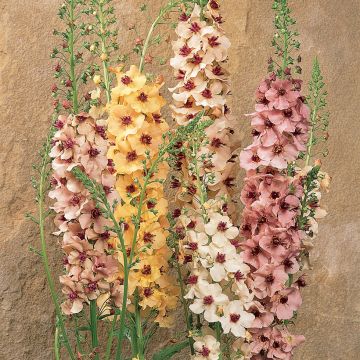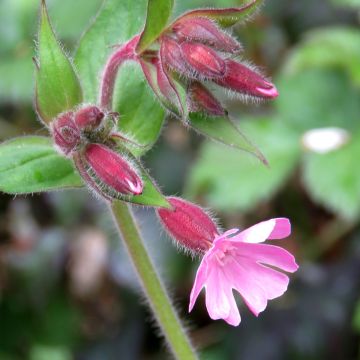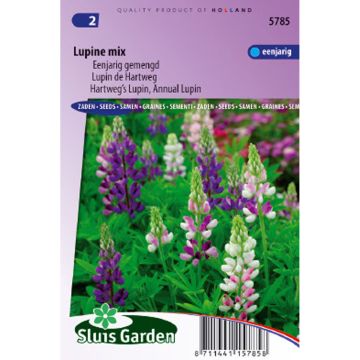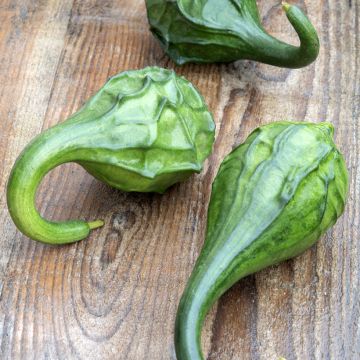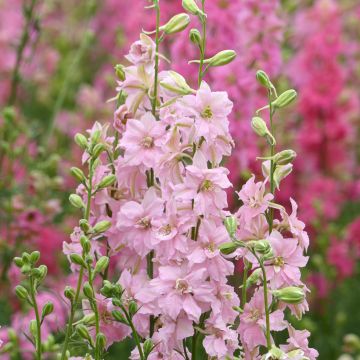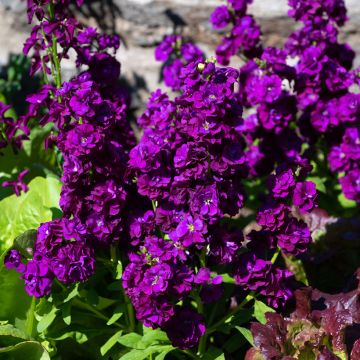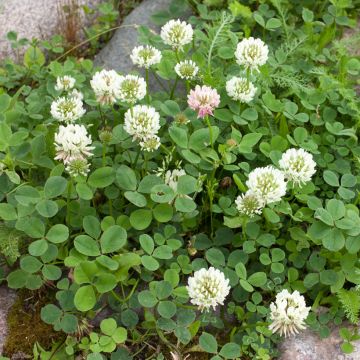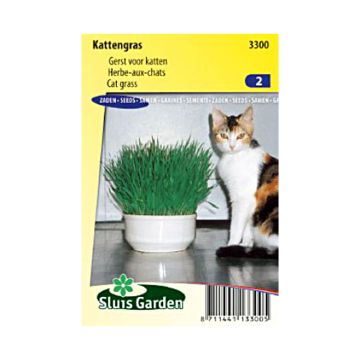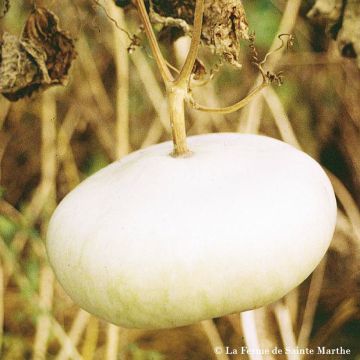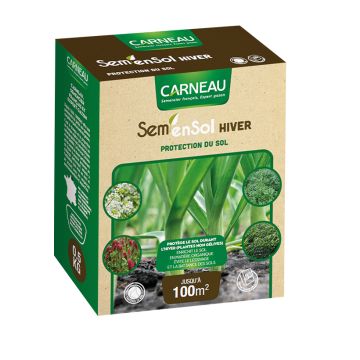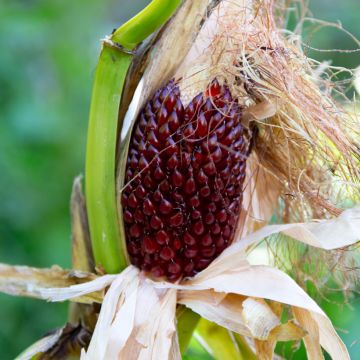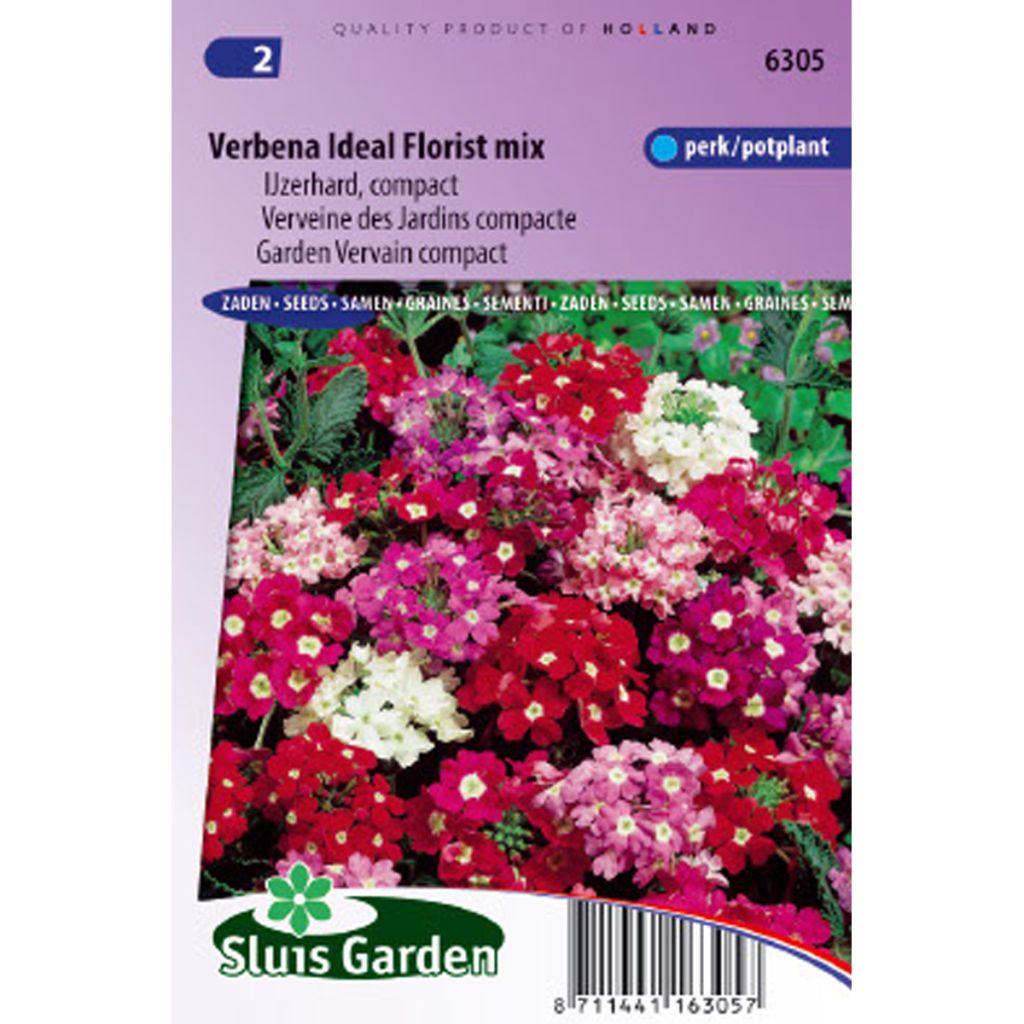

Garden verbena Ideal Florist Mix Seeds - Verbena hybrida
Garden verbena Ideal Florist Mix Seeds - Verbena hybrida
Verbena hybrida compacta Ideal Florist Mix
Florist's Verbena
As usual, impeccable.
Gérard T., 24/11/2018
This item cannot be shipped to the selected country
Dispatch by letter from €3.90
More information
Schedule delivery date,
and select date in basket
This plant carries a 6 months recovery warranty
More information
We guarantee the quality of our plants for a full growing cycle, and will replace at our expense any plant that fails to recover under normal climatic and planting conditions.
Seed-only orders are dispatched by sealed envelope. The delivery charge for seed-only orders is €3.90.

Does this plant fit my garden?
Set up your Plantfit profile →
Description
Verbena hybrida Ideal Florist Mix, called Verbena hybrida compacta, is a robust plant that is generally grown as an annual, that withstands all types of weather conditions very well. A compact, spreading variety bearing a multitude of flowers in a variety of very lively, vibrant colours with attractive small white eyes. It will bring a lot of cheerfulness to flowerbeds, patios and container displays. This selection is remarkably blooms early in the year and is remarkably long flowering, presenting blooms from June to October. Grow in the sun, in rich, well-drained soil.
Garden verbena is a fast-growing, tender perennial belonging to the family Verbenaceae, which originates from the tropical zones of South America. The 'Ideal Florist Mix' variety has a dense, sprawling growth habit, forming clumps that grow 30 cm high and 20 cm wide. The branched stems are spreading, upright or trailing, giving the plant a compact and dense form. The foliage consists of delicate, dark green leaves with finely cut edges that can sometimes even be lobed. From late spring onwards, garden verbena starts blooming generously all throughout the year, only coming to a halt with the first frosts. A multitude of small, fragrant flowers in bright shades of white, violet, blue, mauve, pink or red, always with small white eyes, grouped in dense, flat or rounded umbels, bloom at the tops of its stems.
Verbena hybrida Ideal Florist Mix thrives in the sun, in fertile, well-drained soils. Highly ornamental, it embellishes flowerbeds and borders for many months, as well as window boxes and hanging baskets, accompanied by Pelargonium, Lobelia, Calibrachoa and sweet alyssum. Sprawling varieties can be used as a dazzling ground cover.
Report an error about the product description
Flowering
Foliage
Plant habit
Botanical data
Verbena
hybrida compacta
Ideal Florist Mix
Verbenaceae
Florist's Verbena
Cultivar or hybrid
Other Flower seeds A to Z
Planting and care
Time of sowing : February to April. Sow garden verbena seeds in pots or tubs filled with moist compost. Do not cover the seeds. Place the container in a propagator or a warm place and keep them at a temperature between 24 and 27 °C. Keep seedlings in the light as this helps germination. Emergence usually occurs after 14 to 21 days. Keep the compost moist, but as soon as the seedlings appear, avoid overwatering. When the seedlings are large enough, transplant them into 7.5 cm diameter pots or tubs. Gradually acclimatize the young plants to outdoor conditions for a few weeks. When all risk of frosts have passed, plant them out in open ground (30 cm apart) or in individual pots.
Sowing period
Intended location
-
, onOrder confirmed
Reply from on Promesse de fleurs
Flower seeds
Haven't found what you were looking for?
Hardiness is the lowest winter temperature a plant can endure without suffering serious damage or even dying. However, hardiness is affected by location (a sheltered area, such as a patio), protection (winter cover) and soil type (hardiness is improved by well-drained soil).

Photo Sharing Terms & Conditions
In order to encourage gardeners to interact and share their experiences, Promesse de fleurs offers various media enabling content to be uploaded onto its Site - in particular via the ‘Photo sharing’ module.
The User agrees to refrain from:
- Posting any content that is illegal, prejudicial, insulting, racist, inciteful to hatred, revisionist, contrary to public decency, that infringes on privacy or on the privacy rights of third parties, in particular the publicity rights of persons and goods, intellectual property rights, or the right to privacy.
- Submitting content on behalf of a third party;
- Impersonate the identity of a third party and/or publish any personal information about a third party;
In general, the User undertakes to refrain from any unethical behaviour.
All Content (in particular text, comments, files, images, photos, videos, creative works, etc.), which may be subject to property or intellectual property rights, image or other private rights, shall remain the property of the User, subject to the limited rights granted by the terms of the licence granted by Promesse de fleurs as stated below. Users are at liberty to publish or not to publish such Content on the Site, notably via the ‘Photo Sharing’ facility, and accept that this Content shall be made public and freely accessible, notably on the Internet.
Users further acknowledge, undertake to have ,and guarantee that they hold all necessary rights and permissions to publish such material on the Site, in particular with regard to the legislation in force pertaining to any privacy, property, intellectual property, image, or contractual rights, or rights of any other nature. By publishing such Content on the Site, Users acknowledge accepting full liability as publishers of the Content within the meaning of the law, and grant Promesse de fleurs, free of charge, an inclusive, worldwide licence for the said Content for the entire duration of its publication, including all reproduction, representation, up/downloading, displaying, performing, transmission, and storage rights.
Users also grant permission for their name to be linked to the Content and accept that this link may not always be made available.
By engaging in posting material, Users consent to their Content becoming automatically accessible on the Internet, in particular on other sites and/or blogs and/or web pages of the Promesse de fleurs site, including in particular social pages and the Promesse de fleurs catalogue.
Users may secure the removal of entrusted content free of charge by issuing a simple request via our contact form.
The flowering period indicated on our website applies to countries and regions located in USDA zone 8 (France, the United Kingdom, Ireland, the Netherlands, etc.)
It will vary according to where you live:
- In zones 9 to 10 (Italy, Spain, Greece, etc.), flowering will occur about 2 to 4 weeks earlier.
- In zones 6 to 7 (Germany, Poland, Slovenia, and lower mountainous regions), flowering will be delayed by 2 to 3 weeks.
- In zone 5 (Central Europe, Scandinavia), blooming will be delayed by 3 to 5 weeks.
In temperate climates, pruning of spring-flowering shrubs (forsythia, spireas, etc.) should be done just after flowering.
Pruning of summer-flowering shrubs (Indian Lilac, Perovskia, etc.) can be done in winter or spring.
In cold regions as well as with frost-sensitive plants, avoid pruning too early when severe frosts may still occur.
The planting period indicated on our website applies to countries and regions located in USDA zone 8 (France, United Kingdom, Ireland, Netherlands).
It will vary according to where you live:
- In Mediterranean zones (Marseille, Madrid, Milan, etc.), autumn and winter are the best planting periods.
- In continental zones (Strasbourg, Munich, Vienna, etc.), delay planting by 2 to 3 weeks in spring and bring it forward by 2 to 4 weeks in autumn.
- In mountainous regions (the Alps, Pyrenees, Carpathians, etc.), it is best to plant in late spring (May-June) or late summer (August-September).
The harvesting period indicated on our website applies to countries and regions in USDA zone 8 (France, England, Ireland, the Netherlands).
In colder areas (Scandinavia, Poland, Austria...) fruit and vegetable harvests are likely to be delayed by 3-4 weeks.
In warmer areas (Italy, Spain, Greece, etc.), harvesting will probably take place earlier, depending on weather conditions.
The sowing periods indicated on our website apply to countries and regions within USDA Zone 8 (France, UK, Ireland, Netherlands).
In colder areas (Scandinavia, Poland, Austria...), delay any outdoor sowing by 3-4 weeks, or sow under glass.
In warmer climes (Italy, Spain, Greece, etc.), bring outdoor sowing forward by a few weeks.

































